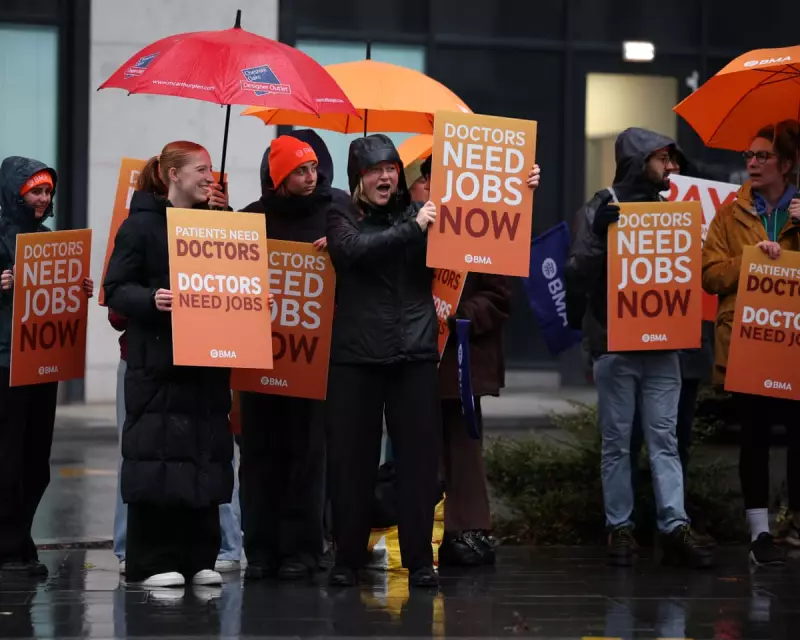
Government Accused of Deliberate Poll Manipulation in NHS Dispute
The Department of Health faces serious allegations of manipulating public opinion after evidence emerged that it selectively leaked polling data to undermine the junior doctors' strike that began on 14 November 2025. The controversy centres on a Savanta poll commissioned by the department itself, which revealed that 69% of doctors actually supported the industrial action, contrary to government briefings.
The Times Story That Misled the Nation
On the morning the strike began, The Times published a front-page story claiming "Five days of NHS strikes opposed by most doctors." The article, based exclusively on a government briefing, quoted Health Secretary Wes Streeting attacking the British Medical Association for going 'against the wishes' of its members. However, the newspaper only reported responses to question 10 of the Savanta survey, which presented specific government proposals, while completely ignoring question 9 that directly asked about strike support.
The suppressed data from question 9 showed overwhelming backing for the industrial action, with only 12% of doctors opposing the strike. Had both questions been reported, readers would have gained crucial insight into the depth of doctor anger while understanding potential settlement terms.
Transparency Victory Comes Too Late
The truth only emerged six days later, when Savanta, as a member of the British Polling Council, enforced its transparency rules by publishing the complete results. The council, established 20 years ago by former YouGov president Peter Kellner, requires members to publicly correct any client that distorts findings by publishing only favourable results.
This intervention came too late to influence public perception during the critical first days of the strike. The delay raises serious questions about government accountability and the manipulation of statistical evidence to serve political objectives.
Unanswered Questions and Democratic Concerns
The incident prompts several crucial questions that remain unanswered:
- Who within the Department of Health authorised the selective briefing?
- Were ministers or senior officials aware that two questions addressed strike support?
- Did any staff challenge the decision to suppress unfavourable data?
- Were government codes of conduct breached in the process?
Peter Kellner, while personally opposing the doctors' strike, emphasises the broader principle: "In an era when populism feeds on distrust of mainstream politicians, we should object when the truth is twisted, even in favour of a cause we agree with."
The case highlights concerning differences in how government handles statistics. While independent agencies like the Office for National Statistics maintain rigorous standards, privately commissioned polling appears vulnerable to political manipulation. With increasing amounts of such research being conducted, calls grow for default publication of all government-commissioned polling, except in limited circumstances involving national security or confidential policy development.
This incident at the Royal Liverpool University Hospital picket lines represents more than a simple dispute over strike legitimacy—it strikes at the heart of democratic accountability and the public's right to transparent information from those in power.






